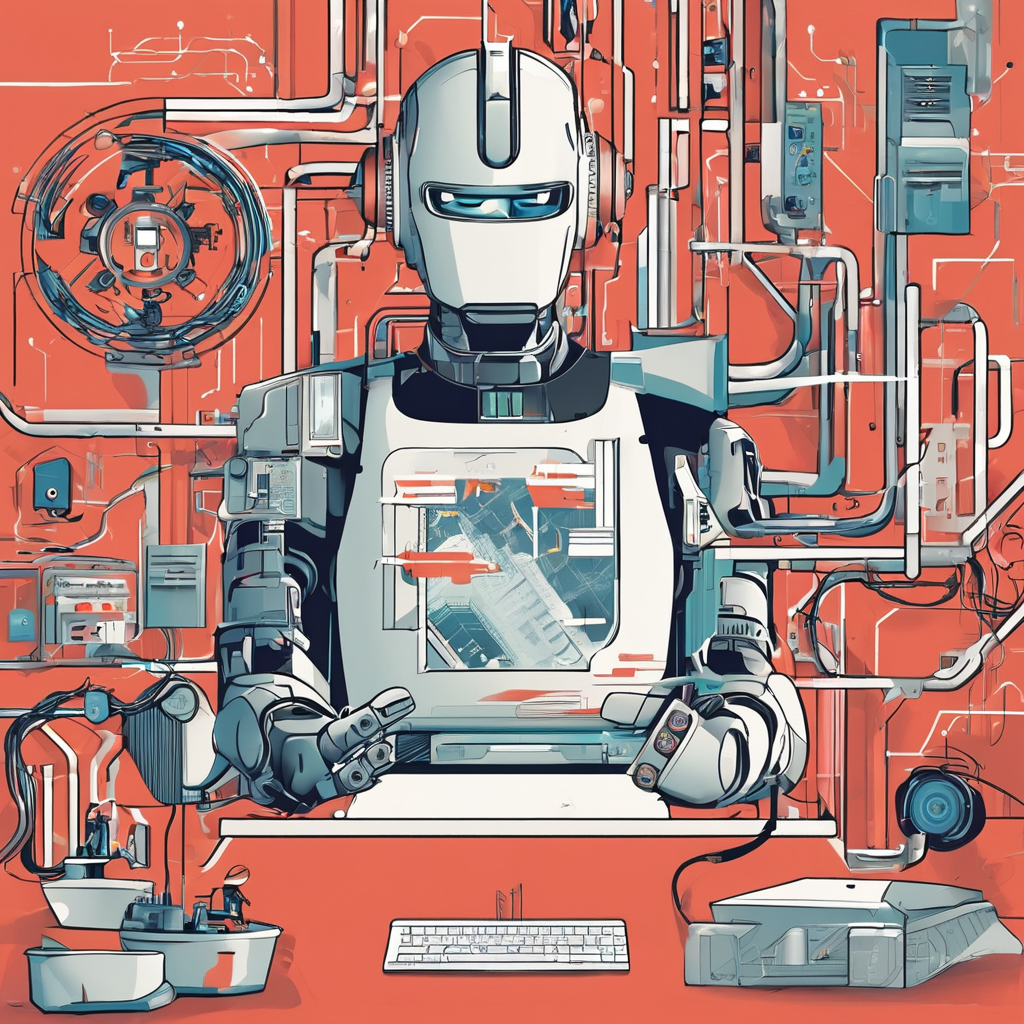As artificial intelligence (AI) continues to advance at a rapid pace, the future of work is being reshaped in ways we could have only imagined a few decades ago. AI has the potential to both create new job opportunities and replace existing roles, leading to significant changes in the workforce landscape.
One of the key ways AI is expected to create jobs is through the development and maintenance of AI technologies themselves. As AI systems become more sophisticated, the demand for skilled professionals who can design, implement, and optimize these technologies is expected to increase. This includes roles such as AI engineers, data scientists, and machine learning specialists.
Additionally, AI is also expected to create new job opportunities in industries that leverage AI for various applications. For example, the healthcare sector could see an increase in demand for AI-powered medical diagnostics and personalized treatment plans, leading to new roles for healthcare professionals specializing in AI technologies.
On the other hand, AI is also poised to replace certain jobs that are routine, repetitive, or easily automated. Roles in industries such as manufacturing, customer service, and transportation may be at risk of automation as AI systems become more capable of performing tasks traditionally done by humans.
Despite the potential for job displacement, experts suggest that AI will also lead to the creation of new roles that require uniquely human skills, such as creativity, emotional intelligence, and critical thinking. These skills are difficult to replicate with AI, making them increasingly valuable in the future job market.
As AI continues to evolve, it is essential for individuals to adapt and acquire the skills needed to thrive in a technology-driven workforce. This includes developing a strong foundation in areas such as data analysis, programming, and problem-solving, which are increasingly in demand across various industries.
Furthermore, the integration of AI in the workplace is expected to transform the nature of work itself, with tasks being automated, streamlined, and optimized for efficiency. This shift may require workers to upskill or reskill to remain competitive in a job market that values technological literacy and adaptability.
Governments, businesses, and educational institutions play a crucial role in preparing individuals for the future of work impacted by AI. Investment in training programs, educational initiatives, and policies that support lifelong learning can help bridge the skills gap and ensure a smooth transition to a more automated workforce.
Ultimately, the future of work with AI is a complex and evolving landscape that presents both challenges and opportunities for individuals and societies worldwide. By embracing technological advancements, cultivating essential skills, and fostering a culture of continuous learning, we can navigate the changing workforce dynamics and shape a future where humans and AI work together harmoniously.
